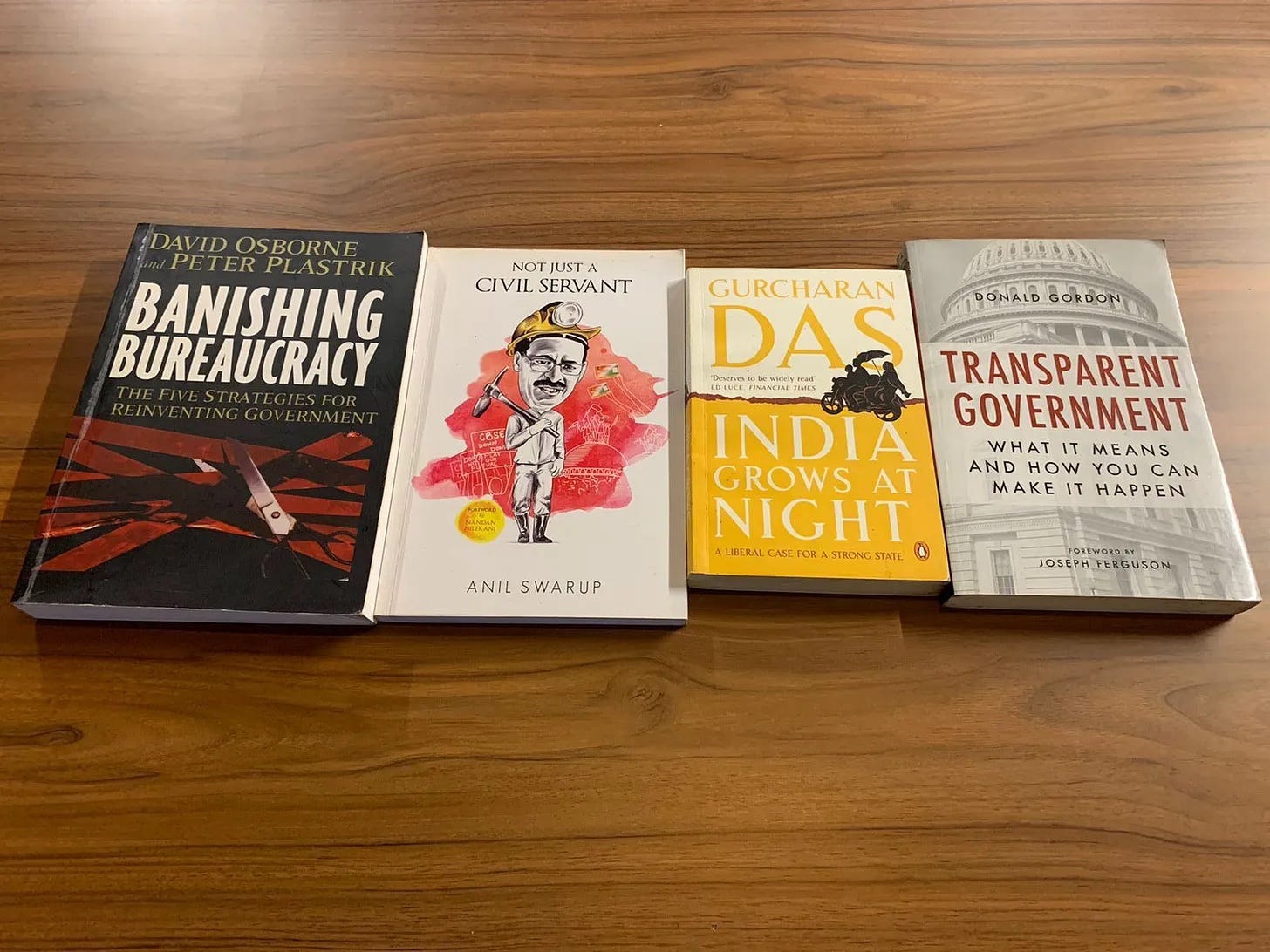An Indian Thought Experiment...By Way of Bamako?
In 1978, at the Institut des Jeunes Aveugles (a school for visually impaired youth) in Southern Mali, a tale as old as time unfolded. A young couple met, fell in love, were married…and eventually started a globally successful band together.
And so began Amadou Bagayoko and Mariam Doumbia’s collaborative creative endeavour in 1981. Once known as “Mali’s Blind Couple”, the duo in due course named their creative collaboration to better showcase what they offered to the world: themselves. Known thenceforth as ‘Amadou and Mariam’, Amadou showcased his skill on the electric guitar and Mariam her widely lauded vocals, and they began touring together with songs they co-wrote.

Their early sound was described as: “mixing traditional west African instruments like the kora and balafon with the Pink Floyd and James Brown records from their youth”, with the songs they initially wrote focusing on the struggles facing the visually impaired, and occasionally local politics, before eventually landing on music that many may describe as just plain joyous.
Their unique offering contributed to the couple quickly becoming a fast-favourite across the African continent and eventually they began collaborating with well established artists of international renown such as: Damon Albarn (Blur and Gorillaz) and David Gilmous (Pink Floyd) and performing at global festivals such as Glastonbury (2007), and the concert to mark former US President Barack Obama’s Nobel Peace prize award (2009).
It may come as no surprise that the couple received a Grammy Nomination in 2010 for best contemporary world music album, consequently garnering them greater global recognition in the decades that followed.
Much like the domino effect set off when two unassuming, music-loving teenagers met in Mali, Takshashila Director, Nitin Pai, uses a novel thought experiment to guide us through his thinking on the implications of domestic policy making (in a trade-war fatigued global context).
I trust your curiosity is piqued, so the only next step is to follow this link to read his piece in full.
P.S.: Earlier this week, news broke of Amadou’s passing. If you’re curious to listen to one of Amadou and Mariam’s most popular songs, follow this link.
US Tariffs Are A’ Callin’…How Should India Respond?
Continuing on in our theme of tariff commentary, what changes can or should India’s tariff regime consider in a Trump era “marked by turmoil and rapid changes”?
In their recent Op-Ed in Moneycontrol, Takshashila Professor of Economics, Anupam Manur, and PGP (Cohort 8) Student, Shikha Tomar illuminate the trade relationship between India and the US, noting, importantly, that “India’s trade surplus with the US has increased by 65% between 2018 to 2024, making the US India’s largest trading partner”.
They argue that India may have four options to weigh, in light of the April 2 ‘liberation day’ deadline:
(1) Retaliate with reciprocal tariffs on all key product lines (a la Canada), (2) concede to all U.S. demands and adopt a "zero for zero" strategy, (3) do nothing and prepare to absorb the impact of tariffs, or (4) appease Trump with tariff relief on certain products while working towards an FTA.
But which of the four would they recommend as the most pragmatic course of action for India? Read on at the following link to find out.
Dollar Dominance? A New Episode of The Great Power Show!
What’s led to the dollar being so sticky today? The global liquidity of the dollar outside of the US may be one of the strongest reasons argues Emmanuel Daniel (Author, Futurist and Founder of TAB Global) in his recent conversation with Takshashila’s Chairperson of Indo-Pacific Studies Programme, Manoj Kewalramani, on The Great Power Show.
Together they examine, inter alia, the political considerations around the global financial system, the internalisation of the RMB and what role cryptocurrencies can play in the future of global finance.
To listen to their insightful discussion, follow this link.
Jirgas and Their Role in Pakistan-Afghanistan Diplomacy…(And An Explainer on Deportation of Afghans from Pakistan)
For those who fully appreciate the nuanced role that Jirgas of Pakistan and Afghanistan play in diplomatic relations between both nations, it may come as little surprise that the Torkham border crossing reopened on March 19 (after a 27-day closure) following a negotiation between these informal councils.
And for others who may yet lack a robust understanding of these councils, our Pakistan Studies Research Analyst, Aishwaria Sonave is here to help.
With some astute insights on the history and function of the Jirga system (most notably their contributions to track-two diplomacy), Aishwaria has put together a brief explainer in her latest post in The Pakistan Paigham. Follow this link to learn more.
Further, if you’d like to take a magnifying glass to another contentious issue brewing in Pakistan: the deportations of Afghans, read Aishwaria’s Op-Ed in Moneycontrol here that expertly teases out the many considerations around the country’s recent geopolitical tactic.
China’s Science and Tech Landscape: All Things Policy (Video) Episode of the Week!
An All Things Policy Episode we’d like to highlight this week is another video feature, this time unpacking the many features of China’s science and technology ecosystem.
Join Anushka Saxena, Staff Research Analyst for our Indo-Pacific Studies Programme and Shobhankita Reddy, Research Analyst for our High-Tech Geopolitics Programme as they touch on why DeepSeek has been so disruptive, the nuance around the definition of ‘state-owned enterprise’, and the myriad factors that have contributed to China’s technological development.
Watch their thoughtful exchange here.
Takshashila Tabletop Trove!
As you may well know, dear reader, this section is intended to be a virtual repository of the books that sit at a high-table located in Takshashila’s physical office space in Bengaluru, Karnataka…
This week’s re-iterated theme is: Bane of Bureaucracy? In that vein, we recommend the following books:
Banishing Bureaucracy (David Osborne and Peter Plastrik)
Not Just a Civil Servant (Anil Swarup)
India Grows at Night (Gurcharan Das)
Transparent Government: What It Means and How You Can Make It Happen (Donald Gordon)
This edition of the Dispatch was written by Kripa Koshy, Programme Manager for Takshashila’s Post Graduate Programme in Public Policy.




